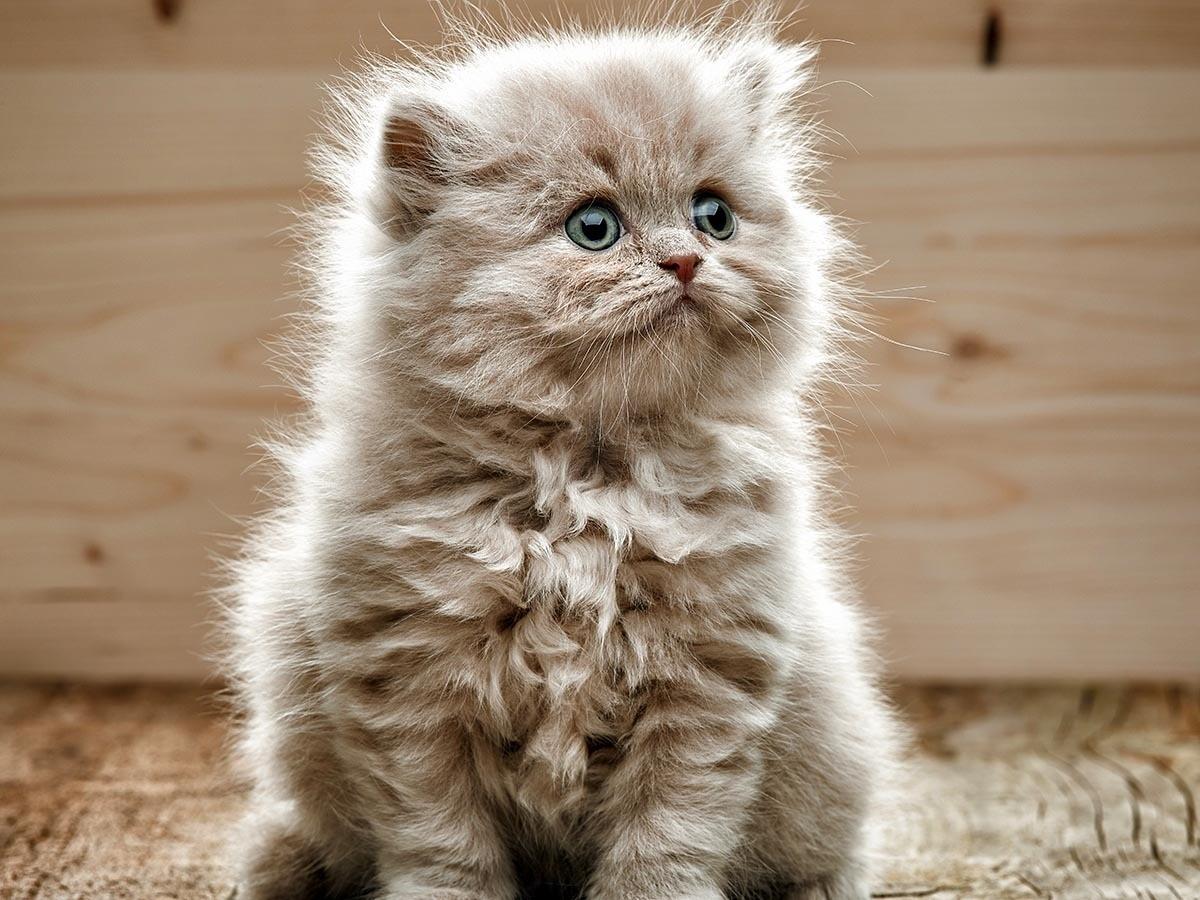from Sarah Hodgson
Train Your Cat with Good Habits
Kittens are like kids — they’re super curious and have lots of energy. They prefer to spend their days playing, exploring, and making mischief of one type or another. While having two kittens can cancel out their assertive play and destructiveness, kittens will be kittens.
To prevent unwanted behaviors, follow these suggestions:
Chewing When kittens lose their milk teeth and their faces expand to their mature size, they often chew to relieve the pressure and pain. Provide satisfying alternatives like cloth, rope, and cardboard toys and redirect your kitten to these objects as you say, “Get your toy.” A deterrent spray can be used to discourage the chewing of certain household items.
Nipping A cat’s predatory impulses, while strongest in kittenhood, will remain throughout their life. To prevent your kitten from attacking your moving parts (hands and feet), teach them the phrase “Get Your Toy,” using predatory poles, lasers, and interactive toys to exhaust your kitten’s prey drive.
Counter cruising As soon as kittens can jump, they’ll scamper to the highest surface in the room to get a good vantage point. Think back to the predator/prey dynamic — cats feel safest above it all, scanning the ground below for potential enemies or food. Provide cat trees or ledges that are cat-friendly and lace them with tasty treats, toys, and food to encourage your kitten to use the appropriate spots.
Scratching Cats scratch to mark surfaces, stretch, and shed old claws. If you do not provide a suitable surface, your cat will select one, guaranteed. Encourage your kitten by providing suitable scratching surfaces and entice them with catnip or a crumbled treat. As studies show, cats like to scratch to mark their surface after they wake up from a nap or when they feel excited about something. Place scratching posts strategically near their napping spots. To stop your kitten from scratching your furnishings, use double-sided tape or a spray deterrent.
